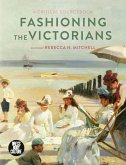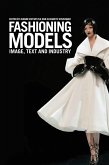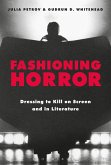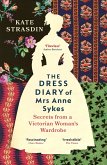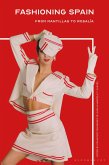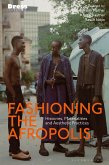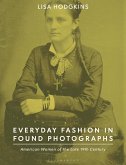Offering a unique anthology of primary texts, this sourcebook opens a window on the writing that shaped and mirrored Victorian fashion, taking us from corsets to crinolines, dandies to decadent 'New Women'. A user-friendly collection that provides a solid grounding in the fashion history of the nineteenth century, it brings together for the first time sources that trace the evolution of dress and the social, cultural and political discourses that influenced it.
Featuring seminal writings by authors and commentators such as Oscar Wilde, Thorstein Veblen and Sarah Stickney Ellis, plus satirical cartoons, illustrations and fashion plates from key sources such as Punch magazine, it combines primary texts and illustrations with accessible explanatory notes to offer a wide-ranging overview of the period for both students and researchers.
Each section opens with an introduction that examines the major trends in Victorian clothing - and the material, economic, scientific and cultural forces driving those trends - situating the texts in the pressing social anxieties and pleasures of the time. Exploring both menswear and womenswear, and key topics such as corsetry, dress reform and mourning, Mitchell extends her analysis into interdisciplinary fields including gender studies and literature, and guides the reader with a timeline, glossary and further readings.
Featuring seminal writings by authors and commentators such as Oscar Wilde, Thorstein Veblen and Sarah Stickney Ellis, plus satirical cartoons, illustrations and fashion plates from key sources such as Punch magazine, it combines primary texts and illustrations with accessible explanatory notes to offer a wide-ranging overview of the period for both students and researchers.
Each section opens with an introduction that examines the major trends in Victorian clothing - and the material, economic, scientific and cultural forces driving those trends - situating the texts in the pressing social anxieties and pleasures of the time. Exploring both menswear and womenswear, and key topics such as corsetry, dress reform and mourning, Mitchell extends her analysis into interdisciplinary fields including gender studies and literature, and guides the reader with a timeline, glossary and further readings.



